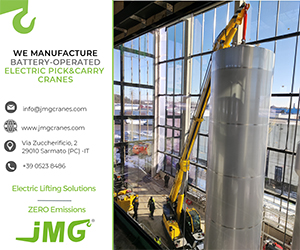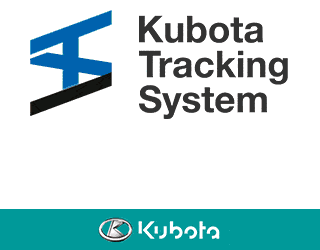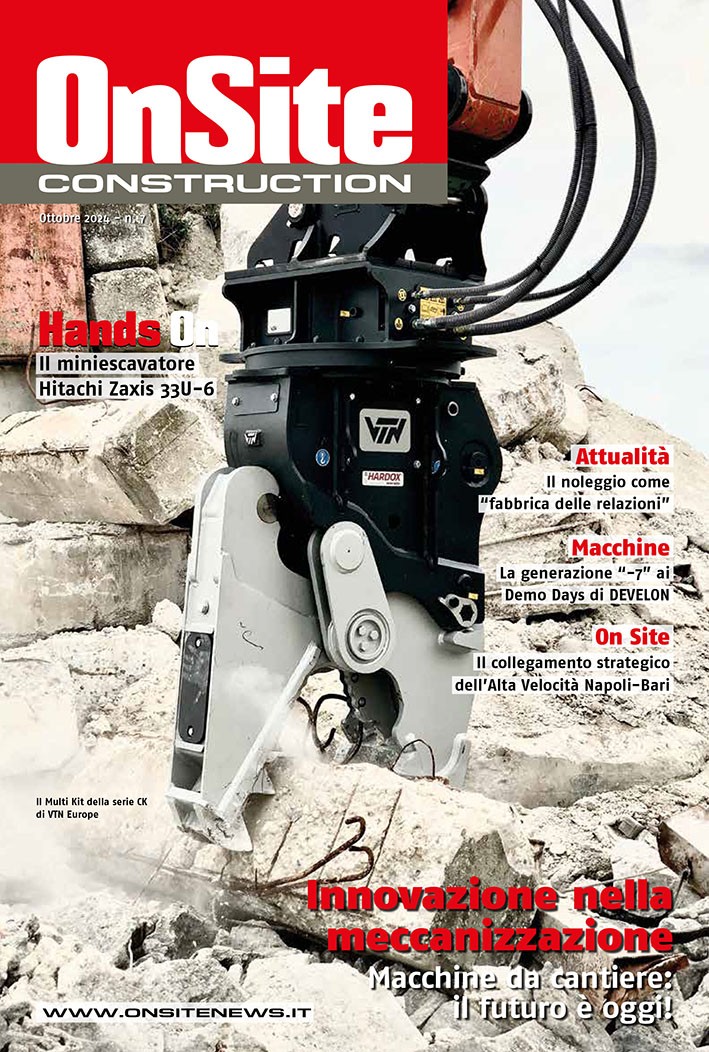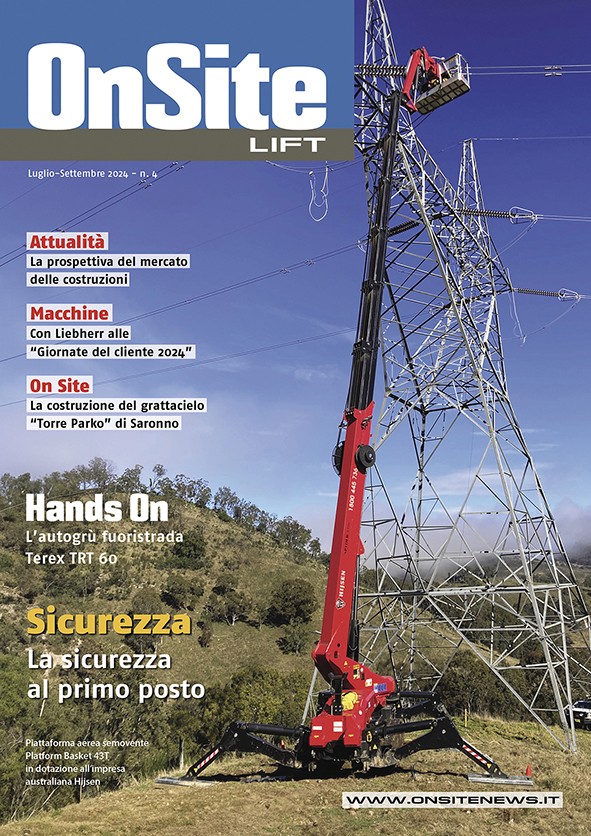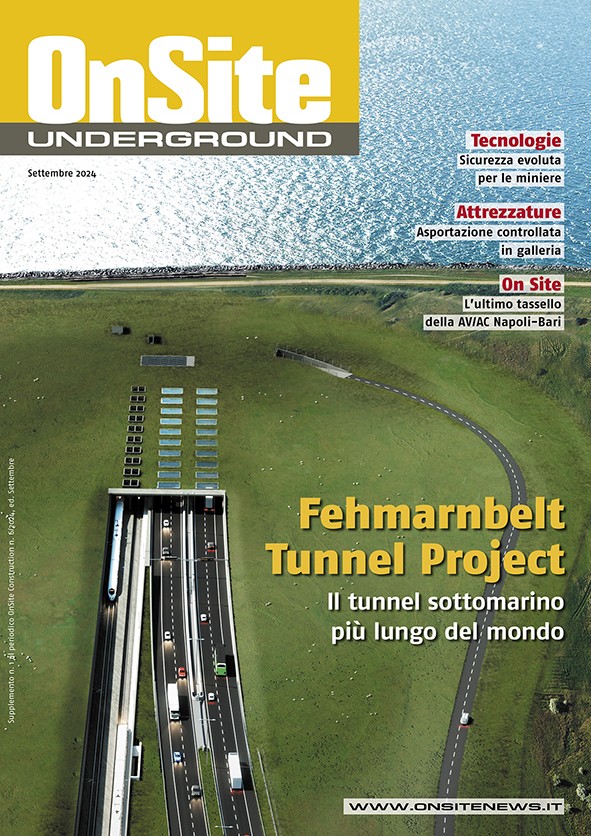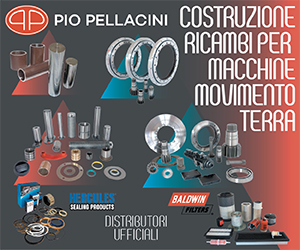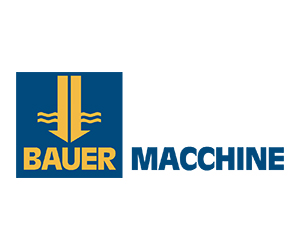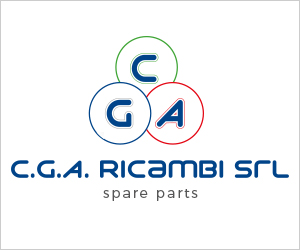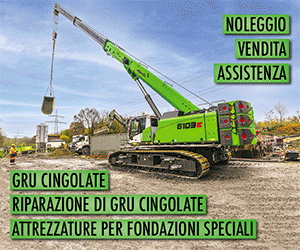Home \ International \ Rope and sling fits boiler tanks in UK
Rope and sling fits boiler tanks in UK
05/08/2017
Pubblicato da Redazione
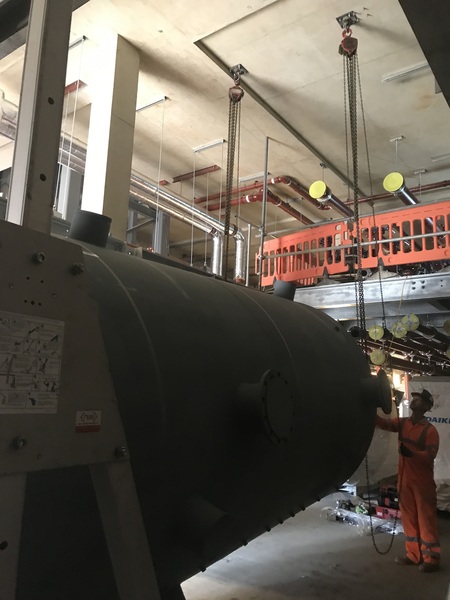
Rope and Sling Specialists (RSS) provided lifting equipment and expertise during installation of 5t boiler tanks in the basement of the New Papworth Hospital on the Cambridge Biomedical Campus, where Skanska is leading
Rope and Sling Specialists (RSS) provided lifting equipment and expertise during installation of 5t boiler tanks in the basement of the New Papworth Hospital on the Cambridge Biomedical Campus, where Skanska is leading construction of the £165m medical facility.
The hospital will include 310 beds; a 46-bed critical care area, including specialist units; seven state-of-the-art theatres; and six inpatient wards. Construction started in early 2015 and the project is scheduled for completion in April 2018. RSS has facilitated installation of three boilers on the site, the most recent of which was secured into place last month (June).
Wales-headquartered RSS serviced the site from its depot in Aylesford, southeast of London, one of its six UK facilities. It delivered a scope of work to supply lifting equipment, install and test lifting plates in the ceiling of the basement above the tanks, and provide certification. Pro-Lifting, of nearby Peterborough, awarded RSS the job to fulfill obligations to ANTS Group, a leading supplier to the waste management sector.
Graham Dawson, RSS depot manager, said: “The three installations spanned a period of six months and the last one presented the most challenges as a lot of pipework had been installed in the interim period that we had to work around.” The geothermal pipes will eventually draw hot water via ground heat source pumps that will be stored in the tanks. The two lifting plates, manufactured by Laddingford Engineering, were fitted at the start of the installation; each involved drilling four M16 holes for corresponding through bolts to connect them to the building’s ground floor above. Work at height was carried out using an aerial work platform; two lifting points welded to the top of the tank by its manufacturer dictated the distance between the plates. Once secure, a 3t working load limit (WLL) proof load pull test was carried out on each plate to certify that they could lift the 5t tank, which measured approximately 6m in height and 2m in diameter.
A variety of other lifting and rigging gear then combined to manoeuvre the tank into its final position. From the lifting plates, two 3t, 6m double fall chain blocks, from George Taylor & Co Lifting Gear (Midlands), connected to the top of the tank while, at the other end, to support the bottom so it didn’t scrape along the ground during the lift, RSS employed a 3t intermediate gantry with 3m beam, two trolleys and two chain blocks. The 2t, 3m chain blocks on the gantry were from Rhino Lifting; roundslings and nylon skates completed the lifting set. An appointed person from Skanska, two engineers from RSS and two from Pro-Lifting, combined with four ANTS representatives to complete the final tank installation inside a day.
Dawson concluded: “It was interesting to see how the same load could present different challenges because of the evolving work environment. Combining varied expertise and equipment, we were able to overcome the challenges and keep the landmark New Papworth Hospital construction project on track.”
Ultime notizie di

01/07/2021
The compact Sennebogen 613 E telescopic mobile crane proves its flexibility and safety in the mine
Südwestdeutsche Salzwerke AG welcomed a new Sennebogen 613 E...

07/11/2019
COMANSA presents its new 21LC1400 model
A new large-capacity Flat-Top crane

26/09/2017
Robbins Slurry TBM ramps up for Mumbai Metro Line 3
The first of two Slurry TBMs, a rebuilt 6.65 m (21.8 ft) dia...

23/09/2017
The world’s strongest rope for the German Zugspitzbahn
For walkers and winter visitors, there are two ways to ride...

21/09/2017
Modulift beams suspend full scale model fighter jet
Four Modulift spreader beams were used to suspend a full sca...

20/09/2017
A tunnel project with PSC Crane & Rigging
PSC Crane & Rigging, headquartered in Piqua, Ohio, supplied...
Altri International

International
23/11/2024
GPMat International takes delivery of two Raimondi T147s residential development in the South of France
- Official agent of France expands its product lineup with t...
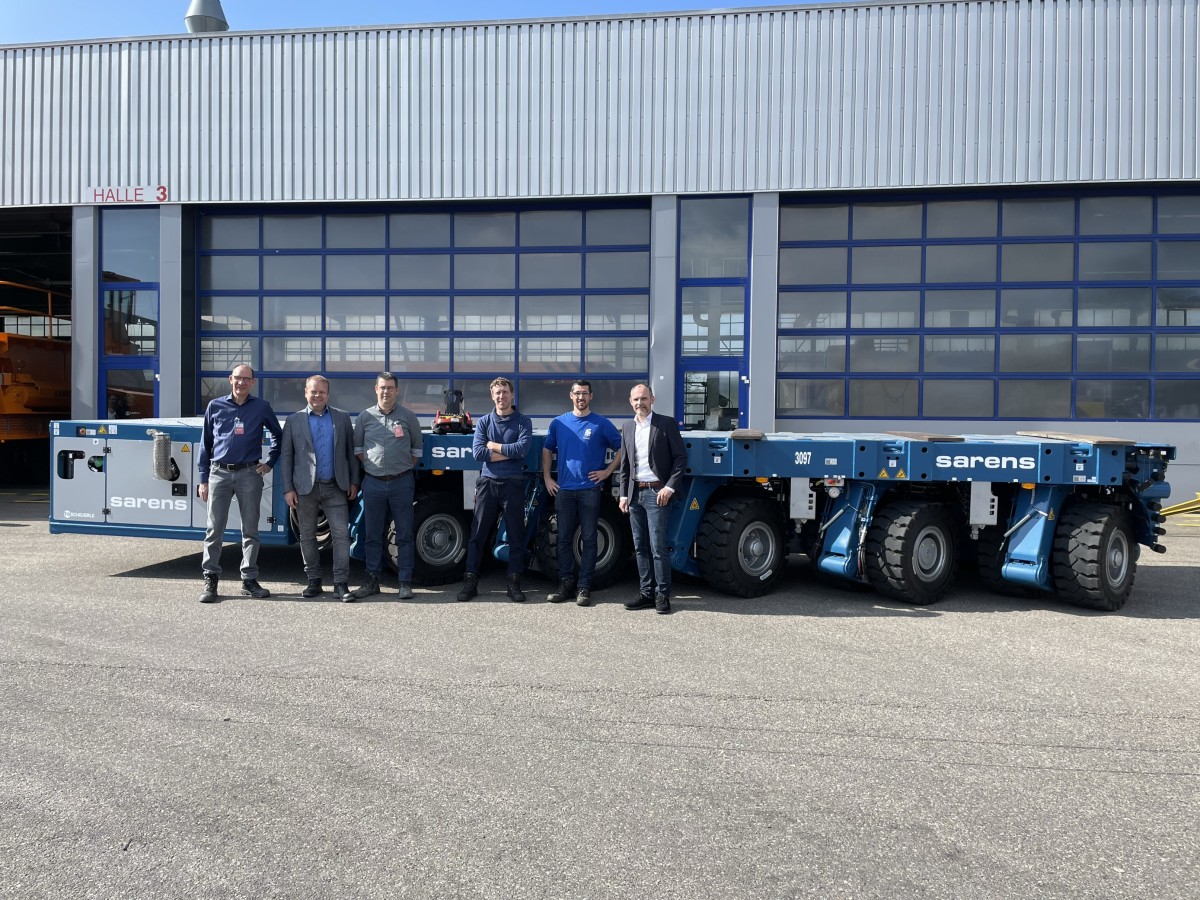
International
22/11/2024
Sarens acquires additional SCHEUERLE SPMT K24 modules
renowned for its expertise in crane rental services, heavy l...
International
22/11/2024
Five WOLFF cranes modernize Oslo’s Ulven district
With a total of five WOLFF cranes of type 7534.16 Clear, Wol...
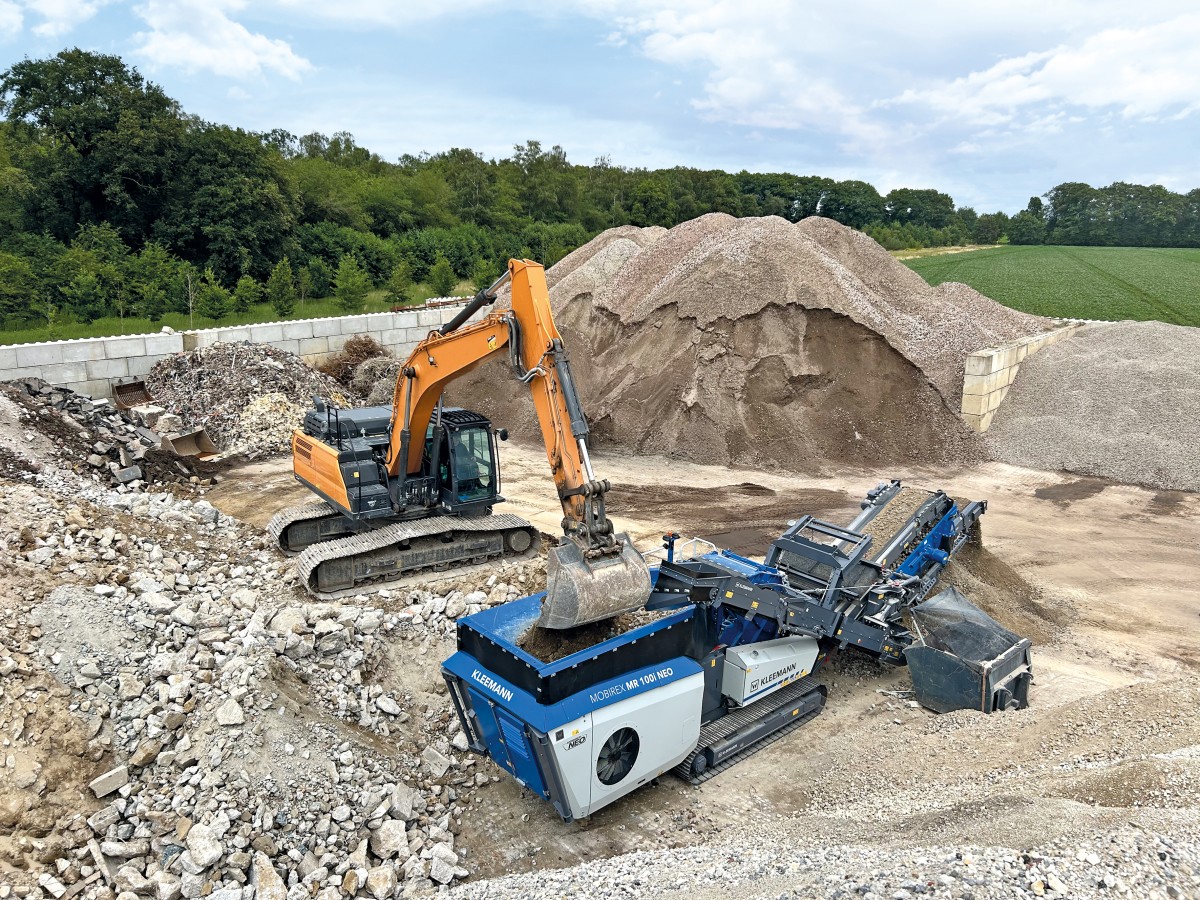
International
21/11/2024
Kleemann: New compact crusher used for recycling
Impact crusher MOBIREX MR 100i NEO impresses during operatio...
International
21/11/2024
SITECH partners with Royal Engineers to create poppy and demonstrate tech offering
The demostration involved creating a ground-level poppy desi...
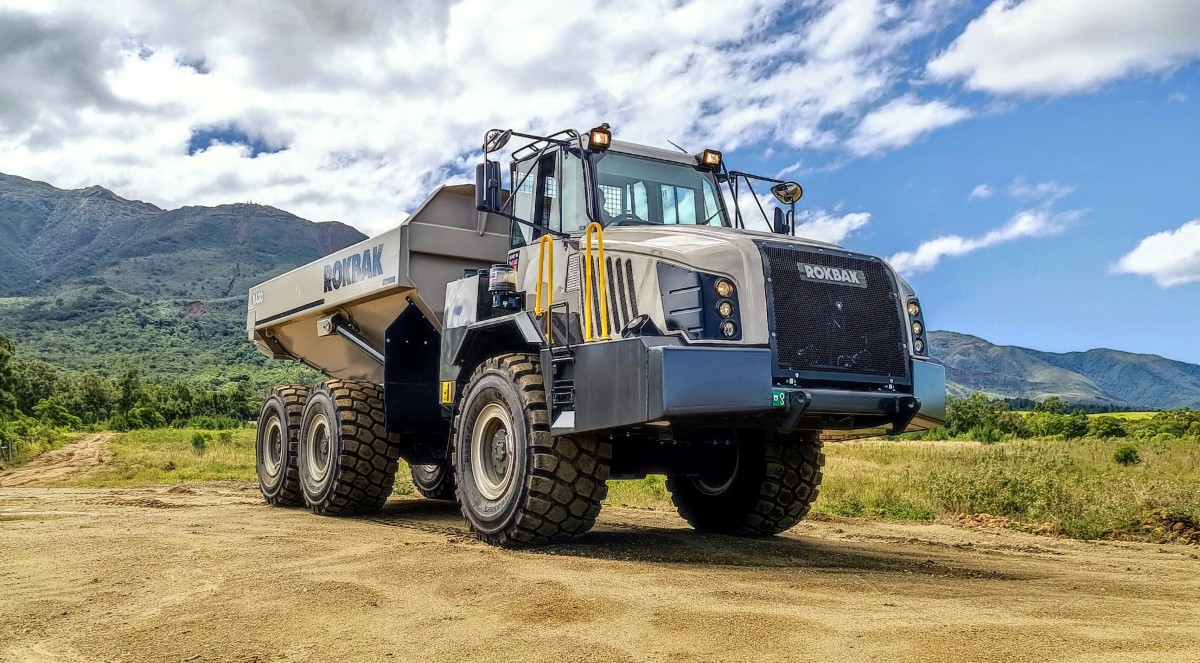
International
20/11/2024
Strong and stable RA30 trucks carry the weight at New Caledonian mine
Three Rokbak RA30 trucks are delivering exceptional durabili...
















